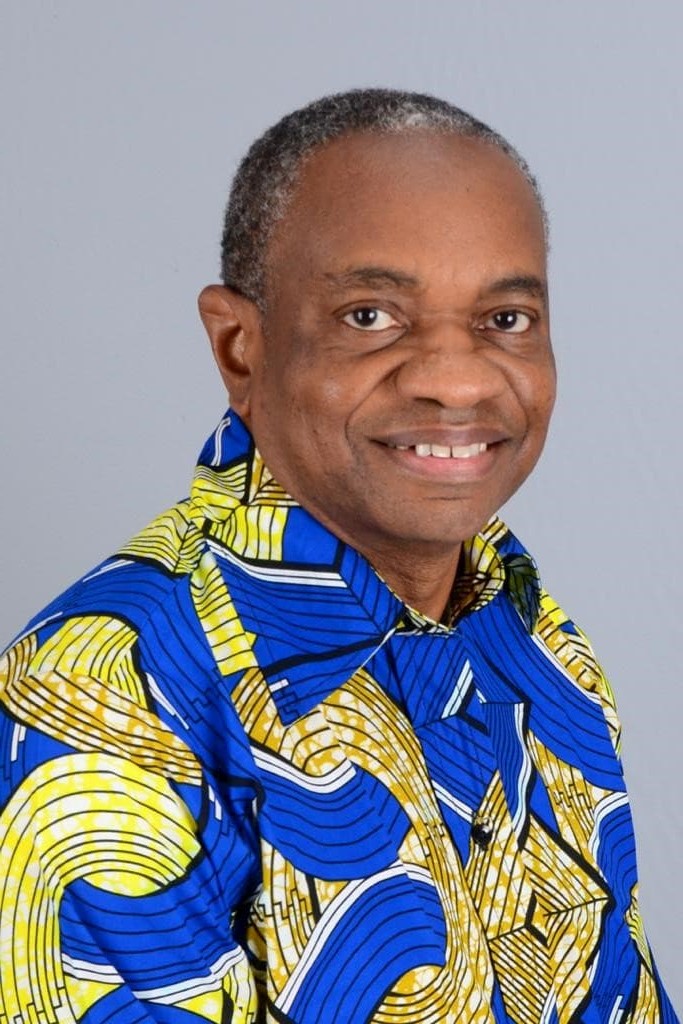“Eliminate Workplace barriers against growth of women.”
- Inoyo Charges African Managers and Employers
In furtherance of his advocacy for the enthronement of a prosperous and egalitarian society, the immediate past Executive Vice Chairman of ExxonMobil Companies in Nigeria, Mr. Udom Inoyo has called on managers and employers of workers in Africa to eliminate all forms of barriers inhibiting the career development of women in their various places of work.
Mr. Inoyo dropped the charge while delivering his lecture at the 5th Sub-Saharan Africa International Petroleum Conference (SAIPEC), under the Women-In-Industry (WIN) Panel.
Speaking on the topic “Nurturing of the Female Employee”, the erstwhile oil and gas industry technocrat noted that it was important for employers and managers of people in corporate organizations in Africa to be intentional about ensuring workplace adjustments across work locations in order to eliminate any potential barrier to women taking up job positions.

Mr. Udom Inoyo
Mr. Inoyo, who is one of the only two men currently serving on the Board of Women in Energy Nigeria (WIEN), spoke from a personal experience of what he and his team did to encourage the career development of women while serving as the Director of Human Resources in ExxonMobil Nigeria.
He highlighted areas of workplace adjustments that could help drive inclusiveness and promote the career of women, noting that the education of the workforce to eliminate the perception that certain positions are exclusively for men was critical.
Other areas of importance highlighted by Inoyo included: introduction of policies and programs with deliberate focus on supporting women to avoid major disruptions on family commitments, introduction of flexible and rotational job postings that create expanded opportunities to enable women take on various job options to enrich and further their careers across functions and irrespective of locations, identification and assignment of coaches and mentors to female employees, as well as well as appointment of qualified women to company leadership board.
He particularly gave insight into how global high-flier corporations nurture female employees into leadership positions.
“I will share my experience while in ExxonMobil Nigeria. It was inexcusable that after several decades of operations, the number of female employees ‘at the top’ was insignificant, so we needed to deploy a deliberate strategy to alter the trajectory. We set up a People Priorities Team.
“The team went to work with the various Employee Development Committees across the Organization to: identify potential positions with focus on identified female candidates, track their careers including deliberate assignments within and outside the affiliates, and constantly analyze performance assessment outcomes to ensure fair assessments eliminating potential unconscious gender biases. These and other efforts grew the participation of women in management.”
Mr. Inoyo, who also is an erstwhile Adviser to Women Interest Network (WIN), noted that it was also essential for career women to galvanize themselves into interest and advocacy groups such as Women Interest Network to afford them collective fronts to push more for increased women participation and the enthronement of a just and egalitarian society.
Inoyo concluded his paper with an African proverb “When sleeping women wake, mountains move” and submitted that if women are sufficiently encouraged to contribute their fullest at various work places across Africa, Africa would definitely become better for it.
With the general conference theme as “Post COVID 19: From Global Crises to Global Opportunities”, the 5th edition of the Sub-Saharan Africa International Petroleum Conference (SAIPEC) had over 20 national oil company CEOs, over 80 industry experts, over 120 exhibitors, over 300 companies and over 6000 visitors and participants in attendance.
Other Speakers in various segments of SAIPEC 2021 included Nigeria’s Minister of State for Petroleum Resources, Dr. Timpre Sylva; Secretary General, African Petroleum Producers Organization, Dr. Omar Farouk Ibrahim; Director General, World Petroleum Council, Dr. Pierce Riemer; Group Managing Director, Nigerian National Petroleum Corporation (NNPC), Mr. Mele Kyari as well as other key oil and gas industry leaders in African countries like Uganda, Kenya, Ghana, Gambia, Gabon, Angola, Niger, Sierra Leone, Somalia, Mozambique, Equinor and the Republic of Benin.
